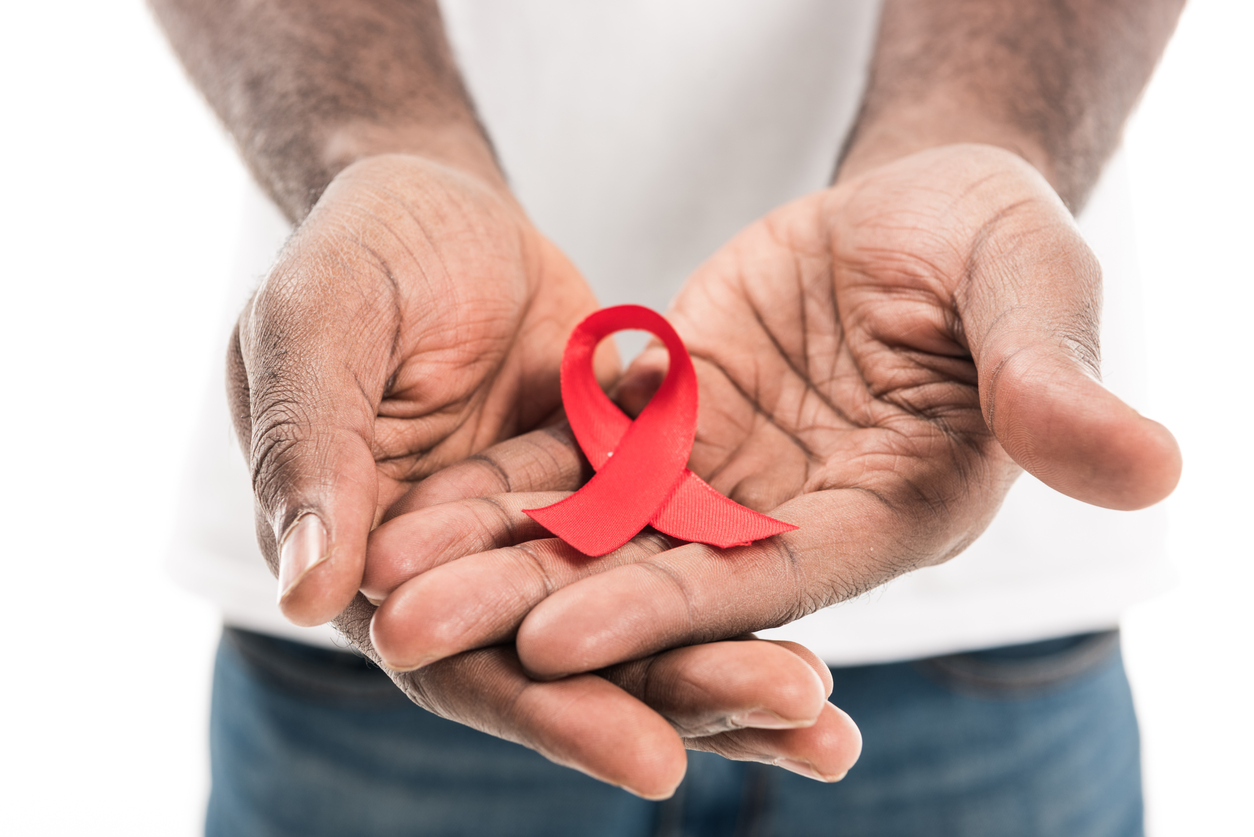Did you know that in 2018 over half of the people in the United States with human immunodeficiency virus (HIV), the virus that causes AIDS, were 50 years old or older? And that one of every six new HIV cases in 2018 was in someone 50 years old or older? HIV can affect anyone, regardless of their age, sex, race, or sexual orientation.
Behaviors that put you and others at risk of getting HIV are having anal or vaginal sex without a condom or sharing needles with someone who has HIV. The most common causes of HIV infection in men over 50 are injection drug use, heterosexual contact, and male-to-male sexual contact. For women over 50, heterosexual contact is the most common means of infection, followed by injection drug use.
It is important to know your HIV status so that if you are infected you can take medicine to make your viral load undetectable. When your viral load is undetectable you cannot spread HIV. Treatment also greatly reduces the chance that you will develop AIDS.
In addition to causing AIDS if untreated, HIV also increases the risk of other diseases like heart disease, lung disease, bone loss, and some cancers.
Seniors are less likely to talk about their sexual behavior or drug use with their doctor, which could delay testing and treatment. This can lead to diagnosis at a later stage of HIV infection, when more damage to the immune system has already occurred. Don’t let embarrassment or worry about the stigma of HIV keep you from talking with your doctor and getting tested.
Dos and Don’ts
- Don’t be embarrassed to talk with your doctor about HIV.
- Do get tested if you may be at risk.
- Don’t share needles if you use IV drugs.
- Do protect yourself and others during sex by using a condom.
- Do take your medicine to make your viral load undetectable if you have been infected.
For more information about HIV, visit the CDC website.
Y0149_B_012012021_C




